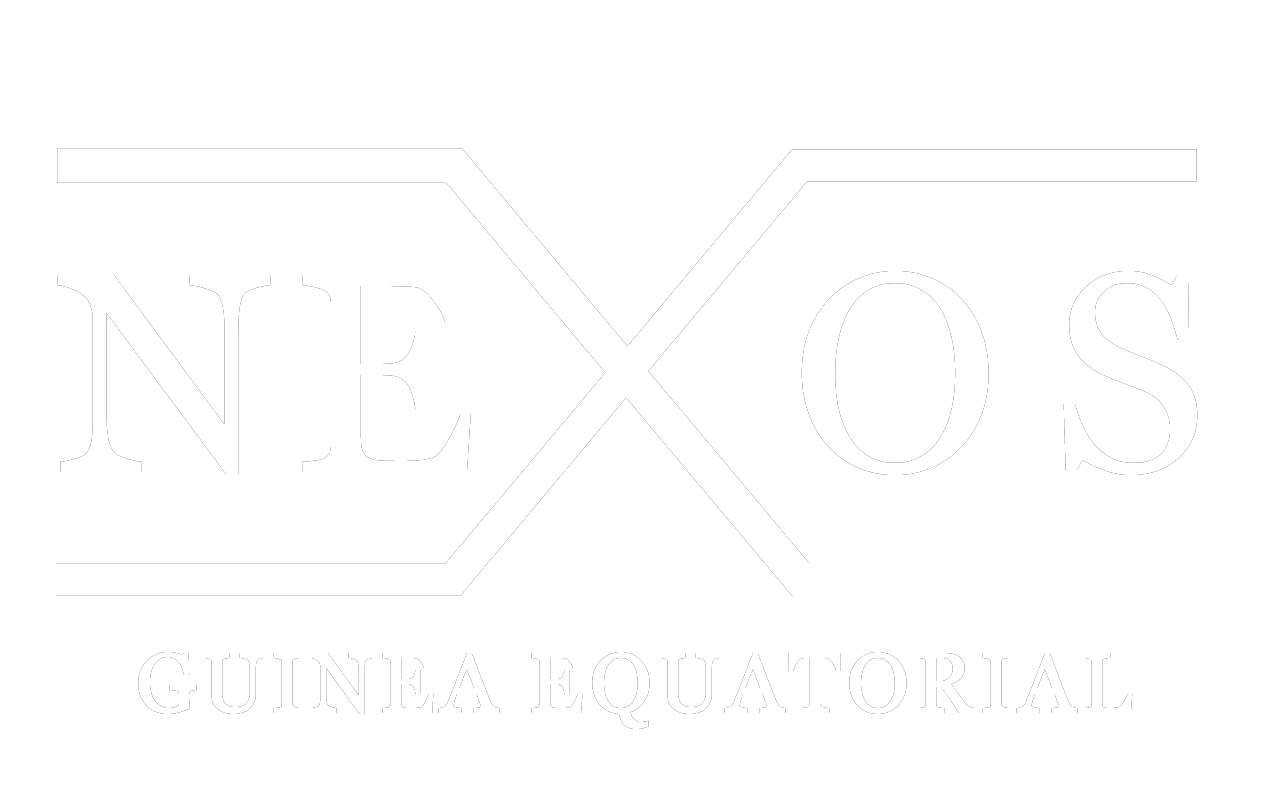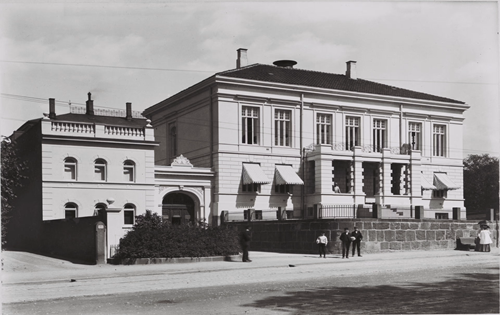Sumate a la campaña de NEXOS GE contra la dictadura !
Desde hace medio siglo, se ha venido denunciando las violaciones de derechos humanos perpetradas en Guinea Ecuatorial contra la disidencia y contra los activistas pro derechos humanos. Obviando a menudo extender tales denuncias a las violaciones de derechos humanos que afectan a la ciudadanía en general. A día de hoy, tales denuncias solo han dado lugar a recomendaciones ineficaces para garantizar la sujección de los poderes públicos a la Ley.
Se han iniciado acciones contra Teodoro Nguema Obiang en los Estados Unidos y en Francia, por malversación y blanqueo de fondos públicos, sin que las mismas se extendieran a todas las demás personas implicadas en dicha trama corruptiva en calidad de co-autores, cómplices, intermediarios o facilitadores. Pese a ostentar la defensa del interes general de la ciudadanía frente a la dictadura, la sociedad civil nacional no fue admitida a comparecer como parte agraviada en los anteriores procesos. Por ende, pese a la gravedad de los hechos encausados, los referidos procesos dieron lugar a condenas simbólicas o inejecutables (véase la reafectación fraudulenta del inmueble Foch 42 a uso diplomático) y, en ocasiones, a la exención de responsabilidad penal de Teodoro Nguema Obiang, pese a exigirsele la derivada responsabilidad civil subsidiaria. Al término de dichos procesos, varias ONGs internacionales propiciaron la adopción de una normativa reguladora de la restitución de los activos confiscados (Ley Sueur en Francia) en aplicación del Convenio de las Naciones Unidas contra la Corrupción. A dicho proceso normativo tampoco se asoció a la sociedad civil nacional, ni se prevé integrarla en los órganos de seguimiento y monitoreo del proceso de restitución de los activos confiscados.
En su virtud, desde su creación NEXOS GE ha iniciado una campaña internacional para garantizar la defensa de todas las víctimas de violaciones de derechos humanos, y para exigir la restitución íntegra de todos los activos confiscados en el extranjero, así como su reafectación a la satisfacción del interés general. En la medida en que la amplísima trama de malversación y blanqueo de fondos públicos ha derivado en una negación de los derechos económicos y sociales básicos de la ciudadanía.
Contribuye a la realización de dicho objetivo haciendo una donación a la cuenta de NEXOS GE.




